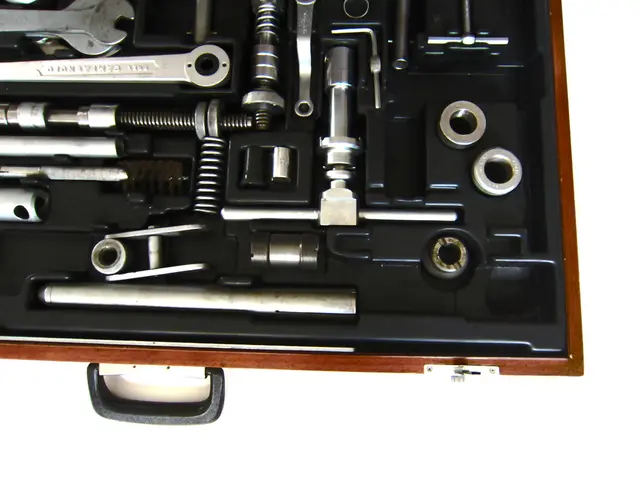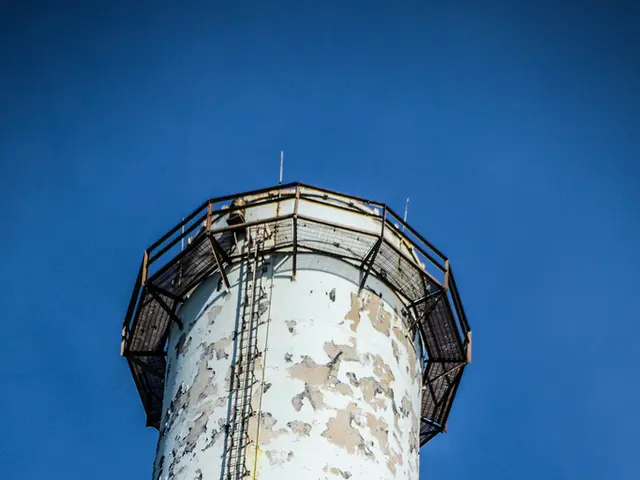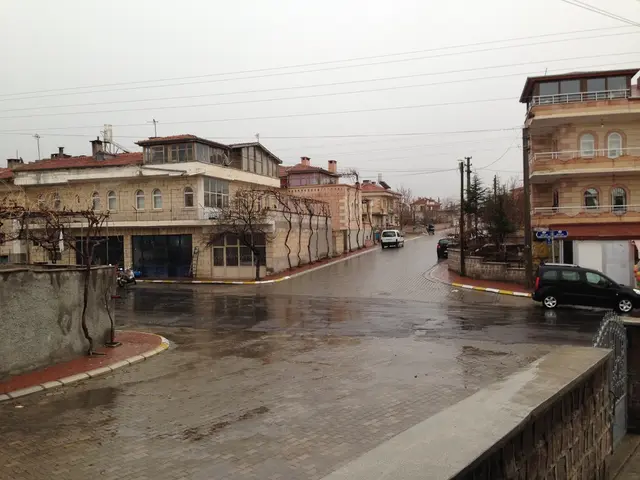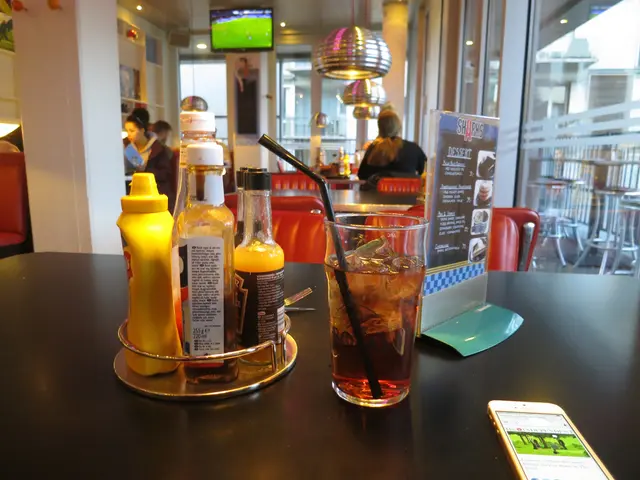Strategies Insurance Professionals Use to Reinforce Home Security Before Vacation
Homeowners should take precautions to secure their homes while traveling, as unforeseen incidents can lead to significant costs and inconvenience. To minimize the risk of burglary, water damage, and other mishaps, follow these expert recommendations from insurance professionals.
- Review your home insurance policy: Before leaving, carefully review your insurance policy to ensure it covers theft, damage, or water leaks that may occur during your absence. Double-check that your policy is up-to-date, covers valuables, and is tailored to your specific region, such as offering wind insurance in hurricane-prone areas.
- Install a security system: A professionally monitored security system provides continuous monitoring of your home, with instant alerts sent to your phone and emergency services in case of a break-in. These systems often include security cameras, window and door sensors, and motion detectors, serving as deterrents and offering evidence if necessary.
- Leverage smart home automation: Smart devices can enhance your home's security by simulating occupancy. For example, smart lights can turn on and off at preset or randomized intervals, video doorbells allow remote communication with visitors, and smart locks permit remote locking or unlocking via smartphone.
- Install outdoor flood lights and security cameras: These security measures provide extra deterrence against intruders by increasing visibility around your property and potentially capturing evidence.
- Secure the physical aspects of your home: Ensure all exterior doors and windows are locked, preferably with deadbolts, and that no points of entry are left unsecured. Trim overgrown bushes and remove dead branches to eliminate hiding places for burglars and reduce the risk of damage during storms.
- Turn off the main water supply: To prevent water damage from leaks or burst pipes while you're away, shut off your home's main water valve.
- Secure your garage and vehicles: Lock your garage door using internal locks, and disable remote openers if possible. Avoid leaving keys or garage remotes inside vehicles parked in public or airport lots.
- Arrange for someone to watch your home: Whether you ask a trusted friend, neighbor, or hire a house sitter, it's beneficial to have someone check on your property regularly, move trash cans out for collection, and collect mail or packages. Accumulated mail or unattended trash cans can signal an empty house.
- Pause or redirect deliveries: Stop newspaper and package deliveries or have them collected by someone else to avoid advertising your absence.
- Adjust your thermostat: Set your thermostat to a temperature that protects your home's pipes and plants but conserves energy while you're away.
- Check safety devices: Ensure smoke and carbon monoxide detectors are working properly, and have a fire extinguisher accessible in case of emergencies.

By integrating technological security solutions, practical physical safeguards, and human oversight, you significantly reduce the risks to your home during travel and maintain peace of mind.
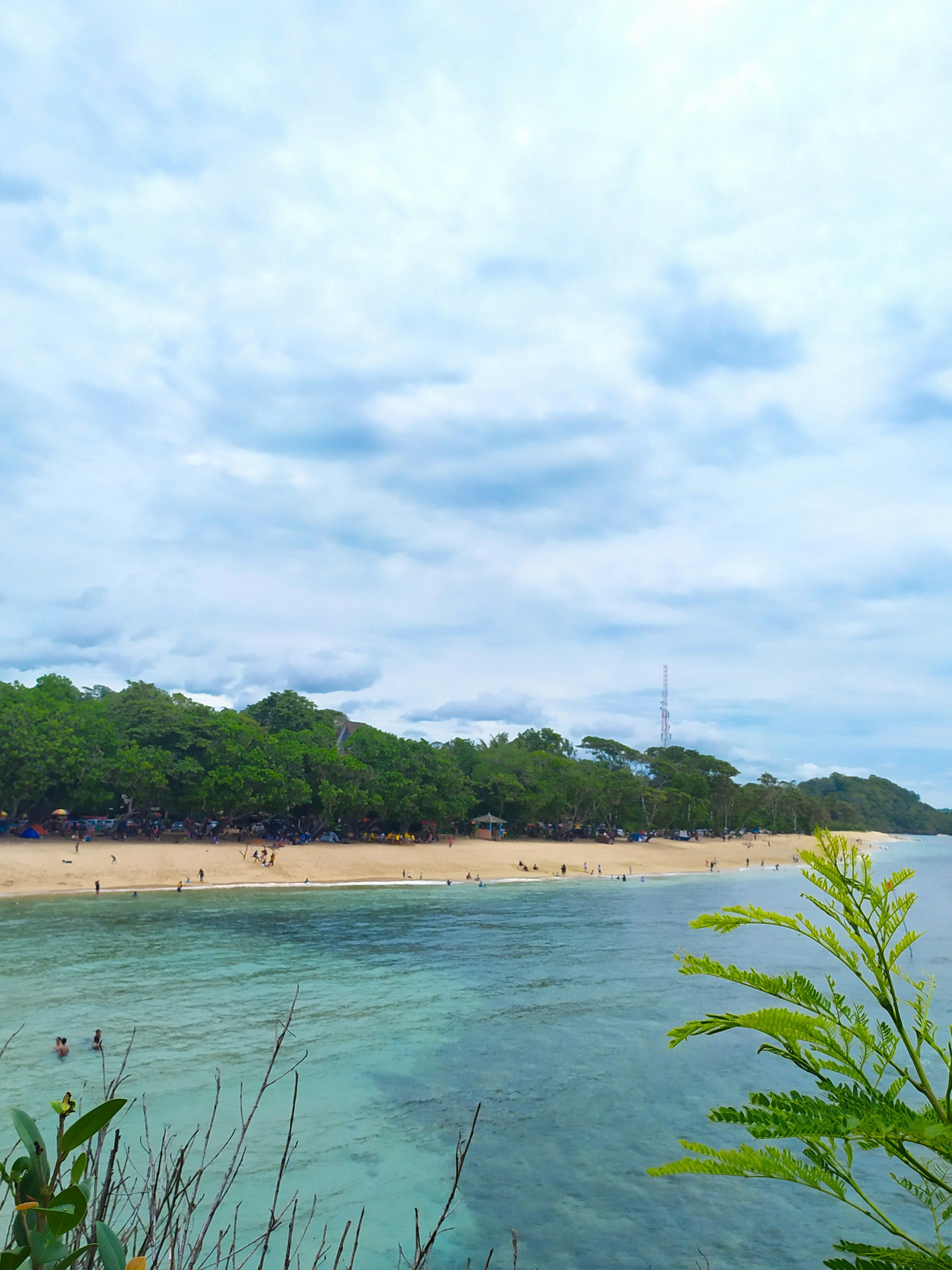
Martha Stewart Living recommends reviewing your home insurance policy to ensure coverage for theft, damage, or water leaks while traveling, as unexpected incidents can lead to significant costs and inconvenience. To deter burglars, consider installing a security system with security cameras, window and door sensors, and motion detectors. Additionally, incorporate smart home automation into your lifestyle by using smart devices to simulate occupancy, such as smart lights, video doorbells, and smart locks.

